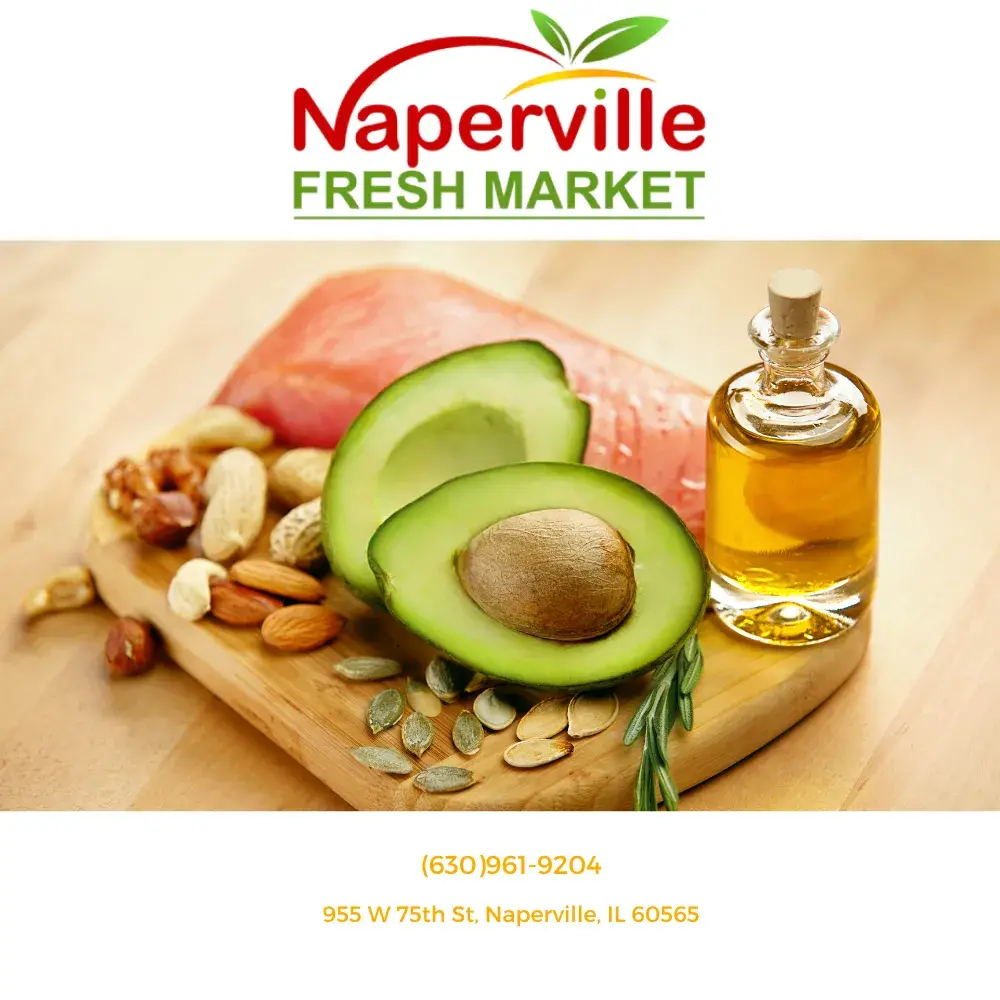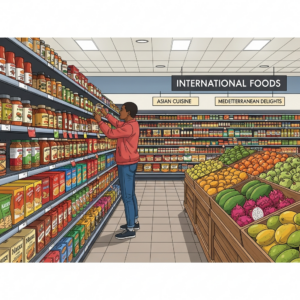Organic certification standards are vital in maintaining the integrity of organic food from farm to table. By regulating every stage of the supply chain, these standards ensure that consumers receive authentic, high-quality products while promoting sustainable and ethical practices. Understanding their role highlights why they are essential for a reliable organic food industry.
Standards that Begin at the Farm
The foundation of organic certification lies in agricultural practices that prioritize environmental health. Farmers must adhere to strict guidelines, such as avoiding synthetic pesticides, using non-GMO seeds, and employing crop rotation to preserve soil fertility. These practices not only enhance the quality of organic food but also contribute to biodiversity and sustainability at the source.
Regulating Processing and Handling
Once harvested, organic food must be processed and handled according to certified standards to maintain its integrity. Facilities must avoid cross-contamination with non-organic products and use approved methods for preservation and packaging. Clear documentation and traceability ensure that organic products remain uncontaminated throughout their journey in the supply chain, reinforcing consumer confidence.
Ensuring Consistency in Distribution
Distribution plays a crucial role in maintaining the quality of organic food. Certification standards require that products are stored and transported under conditions that prevent spoilage or contamination. Proper labeling, including organic certification logos, ensures that organic products are easily identifiable and meet the expectations of retailers and consumers alike.
Building Trust with Consumers
Organic certification is more than a label; it’s a symbol of trust. By adhering to strict standards, suppliers and retailers demonstrate their commitment to delivering genuine organic food. This transparency fosters loyalty among health-conscious consumers, who rely on certification to guarantee the authenticity and quality of their purchases.
By regulating every stage of the supply chain, organic certification standards ensure that organic food retains its integrity and quality. From farm practices to final delivery, these standards uphold the principles of sustainability and trust, creating a robust system that benefits both producers and consumers.
Learn More
Understanding the Organic Certification Process for Food Suppliers
The Essentials of Organic Certification for Fresh Produce Suppliers




